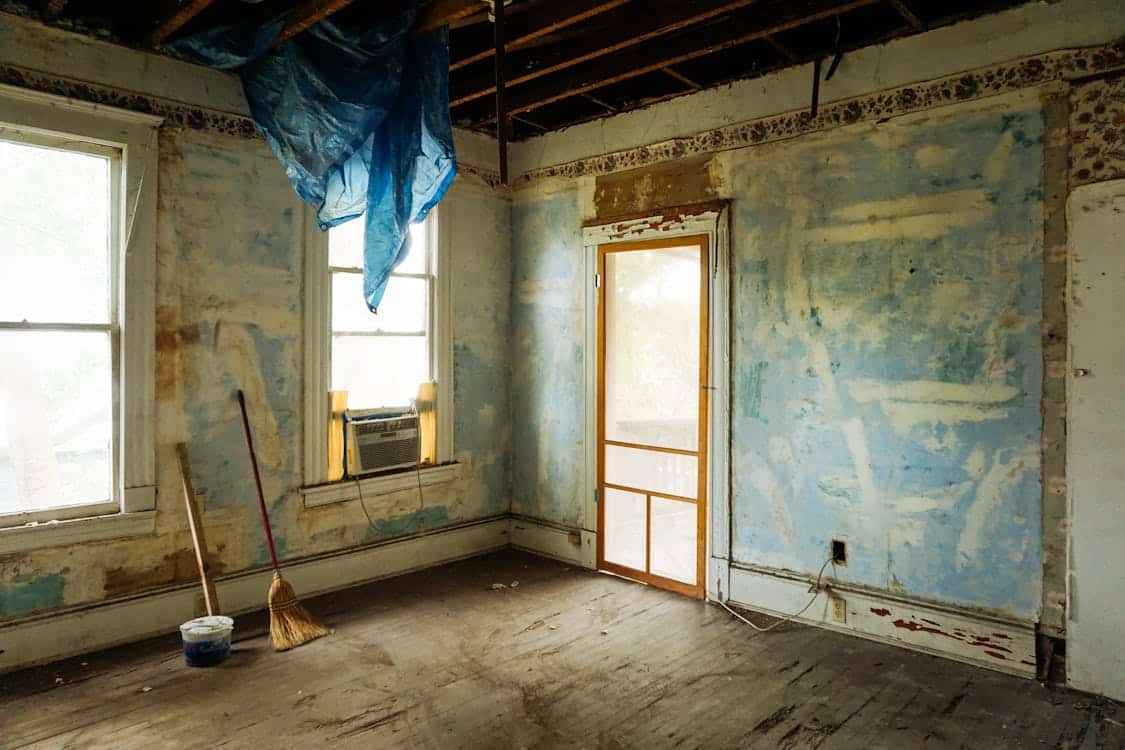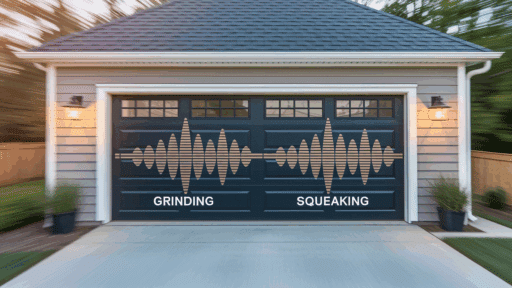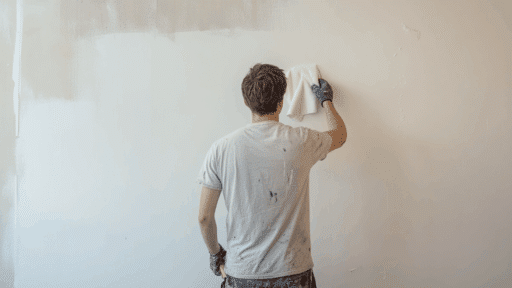Have you ever looked around your home and wondered if it’s time for an upgrade? Maybe your kitchen feels outdated, or your bathroom lacks functionality. Home renovations can be exciting, but they’re also a major investment. In cities like Dallas, TX, where property values can change quickly, making smart choices about your home improvements matters more than ever.
Whether you’re staying put or planning to sell, remodeling with return on investment (ROI) in mind helps you get the most value from your efforts and budget.
In this blog, we will share practical steps to help you plan a renovation that adds comfort and boosts your home’s market value.
Set a Realistic Budget First
Before starting any home renovation, sit down and decide how much you’re willing to spend. Your budget sets the tone for everything that follows. Look at your finances and figure out what amount you’re comfortable with. Don’t just guess—research current renovation costs in your area.
In Dallas, TX, remodeling prices can vary depending on material and labor. Be honest with yourself about what you can afford. You don’t want to get halfway through a project and run out of funds.
Make sure your budget includes more than just materials and labor. Add in a little extra for unexpected expenses—because something always comes up. You might find water damage behind a wall or need an upgrade to meet building codes.
Planning for surprises keeps things from getting too stressful. Once your budget is solid, it’s easier to make decisions and avoid delays. It also helps you stay focused on what will really improve your home’s value.
Know Which Projects Boost Value Most
When you’re planning a renovation, think about which updates will give you the highest return. Not every upgrade pays off. Kitchens and bathrooms often give the best ROI because they’re key spaces buyers focus on. Updating an old kitchen with modern appliances, clean cabinets, and new countertops can change the whole look of your home. A bathroom with fresh tile, a new vanity, and better lighting makes a huge difference, too.
You’ll want to work with professionals who know what appeals to buyers in your area. For example, Zintex Remodeling Group of Dallas, TX specializes in bathroom renovations that blend style with function. They help homeowners add value while improving daily comfort. Don’t forget about curb appeal, either. New siding, windows, or even a good paint job can increase value without a huge cost. Always research what projects matter most where you live. This way, you invest in things that truly improve your home’s resale value.
Research Local Housing Trends

Each neighborhood has its own style and buyer expectations. Renovating your home without thinking about the local market can hurt your ROI. Spend time researching what other houses near you look like. If your updates are too fancy for the area, buyers might not be willing to pay more. On the other hand, if your home is missing features that are common in nearby houses, it may stand out for the wrong reasons.
Online real estate sites can help you track selling prices and features of homes in your area. If most nearby houses have updated kitchens, you’ll want to consider upgrading yours, too. Don’t forget to talk with real estate agents or appraisers. They know what buyers in your neighborhood want. Keeping your remodel in line with local trends helps make sure your investment pays off. It also makes your home more competitive when it’s time to sell.
Don’t Overdo It
It’s easy to get excited and want to upgrade everything, but going overboard can hurt your ROI. Spending too much on luxury materials or trendy features might not pay off. Buyers care about value, not just price. If your home becomes the most expensive one on the block, it may be harder to sell. Focus on smart updates that offer good returns instead of chasing the “wow” factor.
Stick to your plan and avoid scope creep—where one small change leads to more and more work. A small kitchen update can snowball into a full remodel if you’re not careful. Keep your project goals in mind at every step. Ask yourself if each change adds function or resale value. If it doesn’t, think twice. Staying focused keeps your budget on track and helps you avoid regrets later. It also means the end result is balanced and well-suited for your home.
Think Long-Term Maintenance
A renovation isn’t just about the way things look now—it’s about how well they hold up over time. Think about materials that are easy to clean, durable, and don’t need a lot of upkeep. This matters to both current homeowners and future buyers. For example, quartz countertops last longer and need less care than marble. Vinyl plank flooring is a popular choice because it’s water-resistant and easy to maintain.
Also, think about your home’s systems. Are your HVAC, plumbing, or electrical systems ready for the upgrades you’re planning? If not, now might be a good time to make improvements. Investing in energy-efficient windows or appliances can save you money in the long run and appeal to buyers who want lower utility bills. A renovation that holds its value over time gives you more peace of mind and a better return down the road.
In conclusion, planning a home renovation isn’t just about what you want today—it’s about making smart choices for tomorrow. When you take the time to budget well, choose the right projects, and work with trusted professionals, your efforts can really pay off. A thoughtful renovation adds comfort, beauty, and long-term value to your home. But it all starts with a plan.








